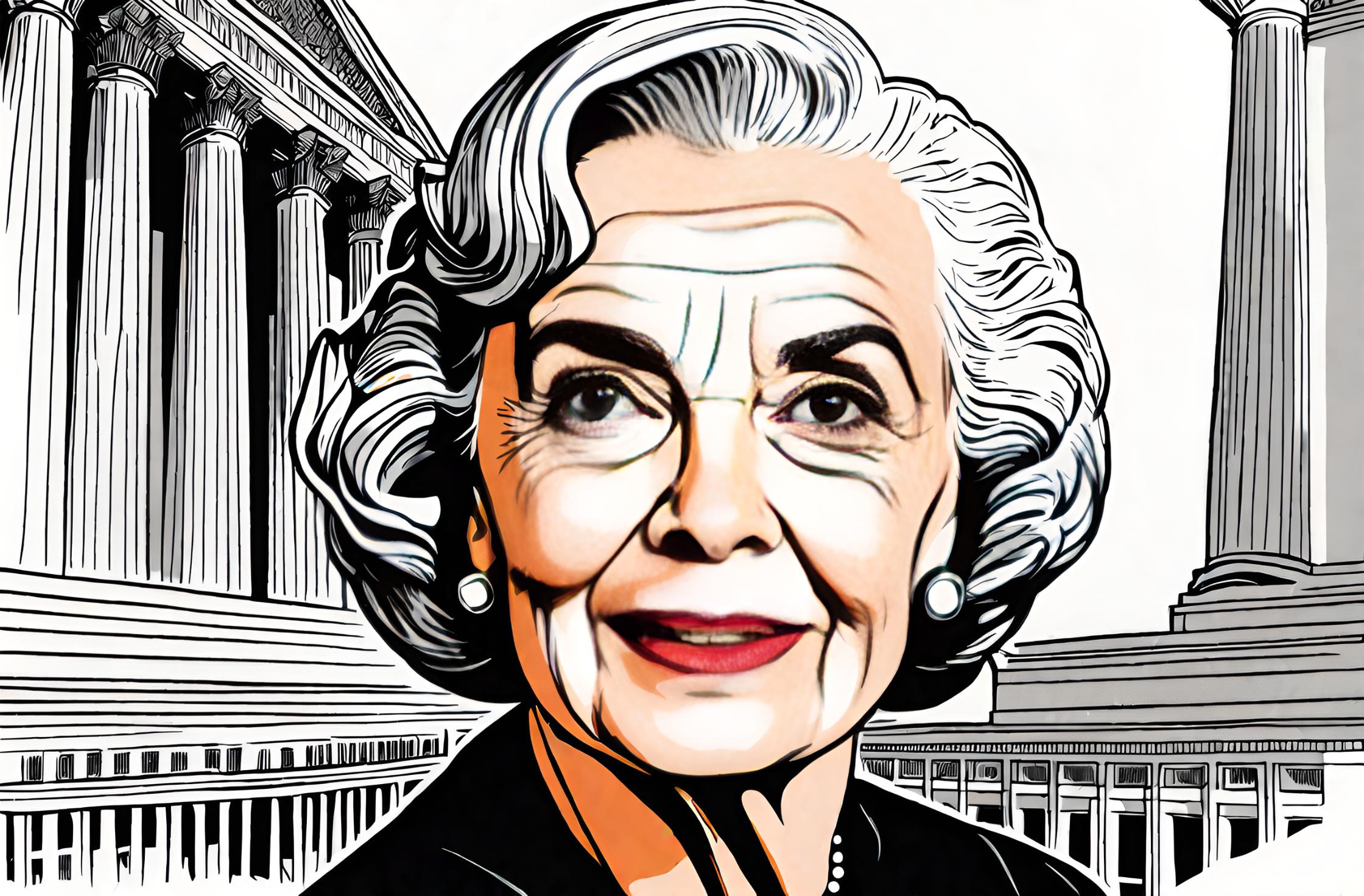Flashback to July 8
American History

1864
Savannah, Georgia falls to General William Tecumseh Sherman, concluding his “March to the Sea”.
Read moreIn the historical landscape of the American Civil War, one event stands out as a remarkable turning point: the fall of Savannah, Georgia to General William Tecumseh Sherman on December 22, 1864. The event marked the conclusion of his infamous “March to the Sea”, a strategic military campaign that significantly demoralized the Confederacy and bolstered the Union’s pathway to victory.
Begin by looking back at the genesis of Sherman’s military strategy, often referred to as “total war”. Strongly convinced that the South’s persistence in the war was fueled by the resources provided by their farms and railways, Sherman devised a plan to shatter the Southern economy and consequently, their capacity to fight. In November 1864, he embarked on this journey, famously known as the ‘March to the Sea’, burning crops, destroying railroads, and leaving a path of destruction in his wake.
In the footsteps of Sherman’s march, Southern morale continued to dwindle. As Sherman’s 60,000-strong army moved inexorably towards their destination, dominating engagements and causing unprecedented destruction, the Confederate forces became increasingly hopeless, and their supply chains critically damaged. Sherman’s tactics illustrated a new era of warfare that left an indelible mark on military strategy worldwide – using economic disruption and psychological warfare alongside conventional tactics to debilitate the enemy.
Sherman’s March reached its dramatic climax with the fall of Savannah, a city of rich history and Southern charm nestled on Georgia’s coast. Since the start of the Civil War, Savannah had been a vital port city for the Confederacy, aiding in much-needed supply chains and resources for the southern armies. Hence, Sherman saw it as the ultimate destination of his March, a way to cripple the Confederacy’s ability to wage war further.
On December 22, 1864, this significant event unfolded, placing an incontrovertible seal on the success of Sherman’s ‘March to the Sea’. Savannah, with strategic importance for Confederate forces, capitulated to Sherman’s troops, an event that signaled not only a significant military victory for the Union but also a considerable psychological blow to the Confederacy’s morale.
The city’s fall was marked by its swift surrendering, with little resistance offered by Confederate forces — an act that only underscored the devastating effectiveness of Sherman’s strategy. He telegraphed President Abraham Lincoln, offering him the city as a ‘Christmas gift’, symbolizing the beginning of the end of the Civil War.
The lasting impact of Sherman’s March and Savannah’s fall continues to resonate in American history and the historical narrative of the war. Recognizing this event underscores General William Tecumseh Sherman’s strategic prowess and the incredible influence he had in shaping the Civil War’s outcome.
Moreover, Savannah’s fall demonstrated that warfare was not limited to the battlefield alone but extended to economic resources and morale — a lesson that extends far beyond the Civil War’s timeline. The fall of Savannah paints an engrossing tale of strategic planning, ruthless execution, and a seminal moment that forever changed the course of American history.
In retrospect, the fall of Savannah and the conclusion of Sherman’s March to the Sea were pivotal moments in the winding down of the American Civil War. From modern perspectives, these circumstances present numerous lessons in leadership, strategy, and resource management that are still relevant to different areas today, such as business and international relations. The historic march, culminating in the fall of Savannah, Georgia, shows that sometimes, the most effective way to end conflict is not just through brute force but through targeted, strategic actions that can win wars.
We strive for accuracy. If you see something that doesn't look right, click here to contact us!
Sponsored Content

US Senate confirms Sandra…
On July 8, 1981,…

The first confirmed tornado…
On 7/8/1680, the first…

Harbor Hospital formally opens.
On July 8, 1897,…

William Jennings Bryan “cross…
On July 8, 1896,…

Mayo Clinic researchers warn…
Mayo Clinic researchers issue…

US State Department issues…
On July 8, 1796,…

